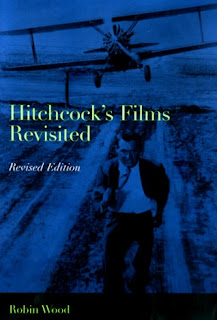"Fun in a Chinese Laundry", Josef von Sternberg

“His characters generally make their entrance at a moment in their lives when there is no tomorrow. Knowingly or unknowingly, they have reached the end or the bottom, but they will struggle a short time longer, about ninety minutes of screen time, to discover the truth about themselves and those they love.” The words are from The American Cinema by Andrew Sarris in its entry dedicated to Josef von Sternberg, and they correctly (and quite beautifully) resume the romantic side of the films directed by the Austrian-American filmmaker. Sternberg (born Jonas Sternberg) began to work in a millinery shop that gave him knowledge of different ornate textiles that he would embody in his mise en scène . In his films, men are attracted to mysterious women in exotic and sometimes turbulent settings (revolutionary China, Imperial Russia, Word War I Austria) in which love, lust, humiliation, sado-masochistic jealousy and sacrifice are all displayed in pictorial compositions with strong g...

